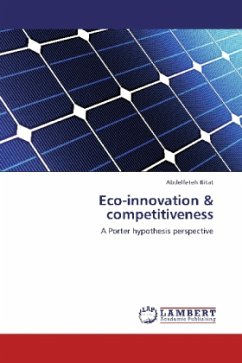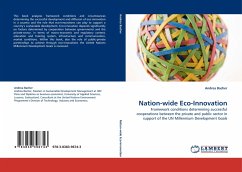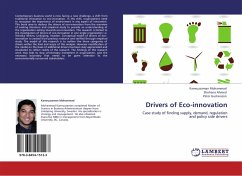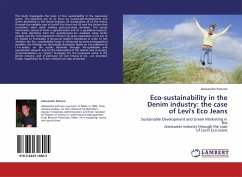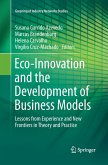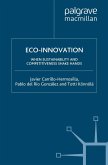Environmental issues have become of prime importance nowadays so that they are a recurrent subject at the table of the world s most powerful committees. Hence, the relationship between environmental regulation, eco-innovation and firms competitiveness has always been equivocal. All the concerned groups of interest claim to have the right argument without a convincing proof. The present book will shed some light on one of the most controversial hypothesis in the last couple of decades: the Porter Hypothesis. The book is divided in two main parts: First, a review of the existing literature around the porter hypothesis, including some skeptical opinions. The second part consists of an empirical model to test the Porter hypothesis based on a panel of nearly 30,000 German companies. This book will therefore be suitable for students and researchers who want to have a synthesized idea about the subject with an econometric analysis to accept or refute the six hypotheses stipulated in this work. The book will also be a useful tool to all decision makers whether firm's managers or civil servants who want to have an up to date idea of the debate concerning regulation and competitiveness.
Bitte wählen Sie Ihr Anliegen aus.
Rechnungen
Retourenschein anfordern
Bestellstatus
Storno

